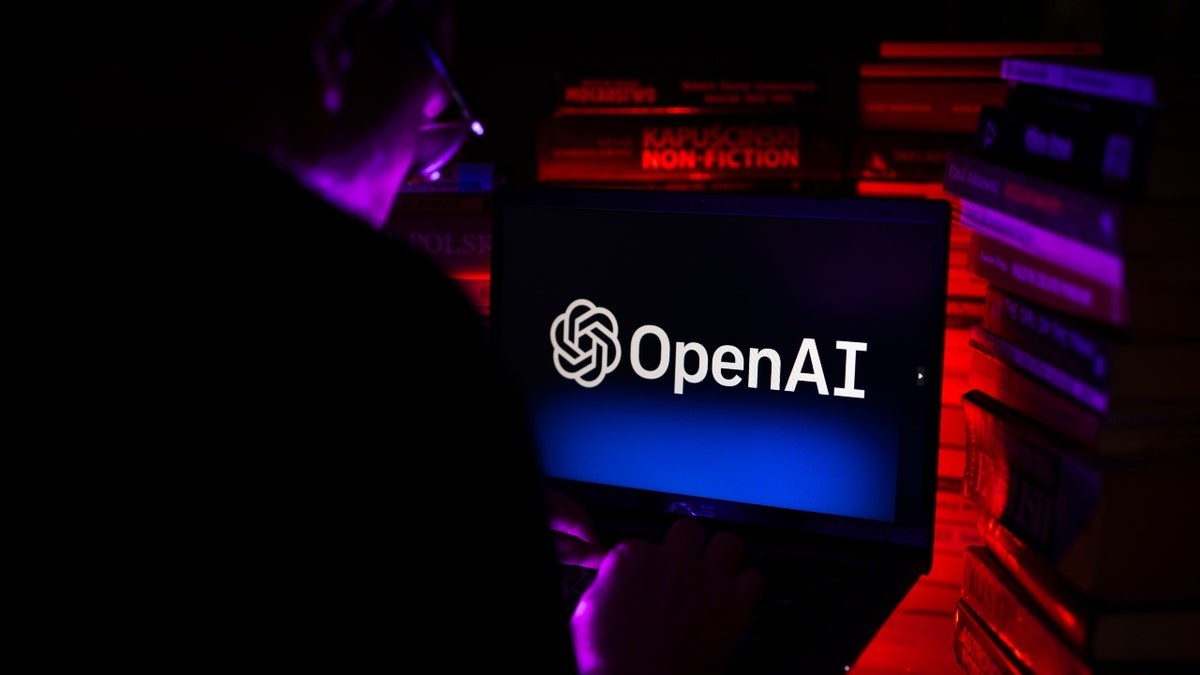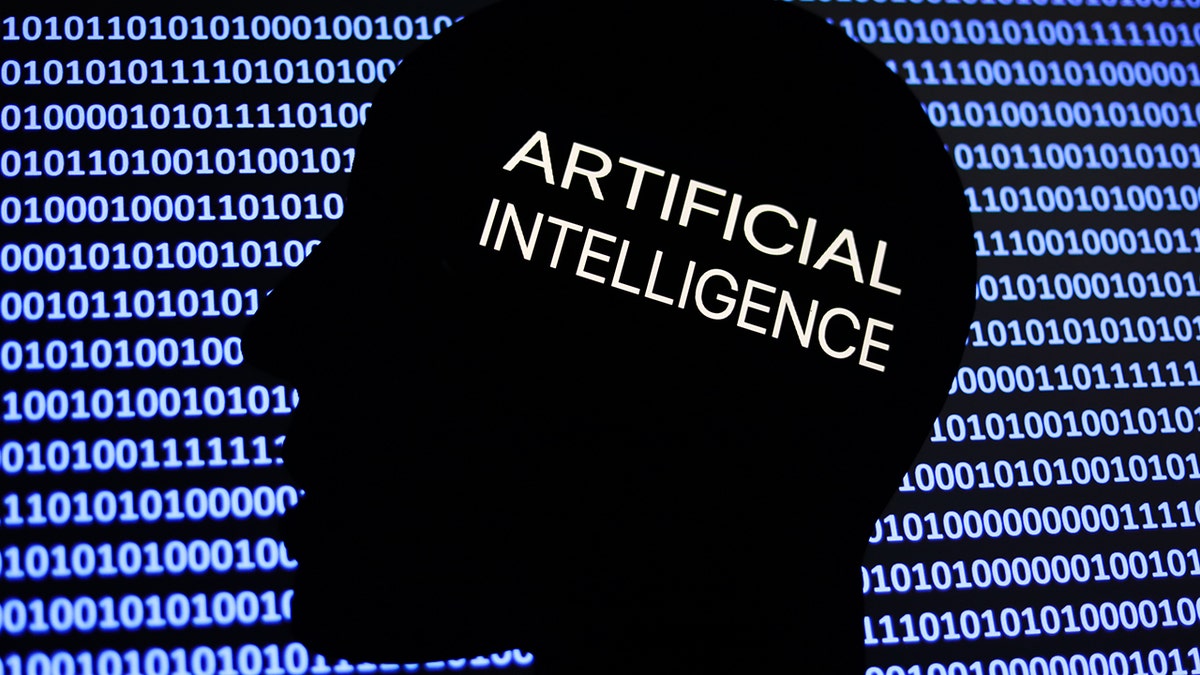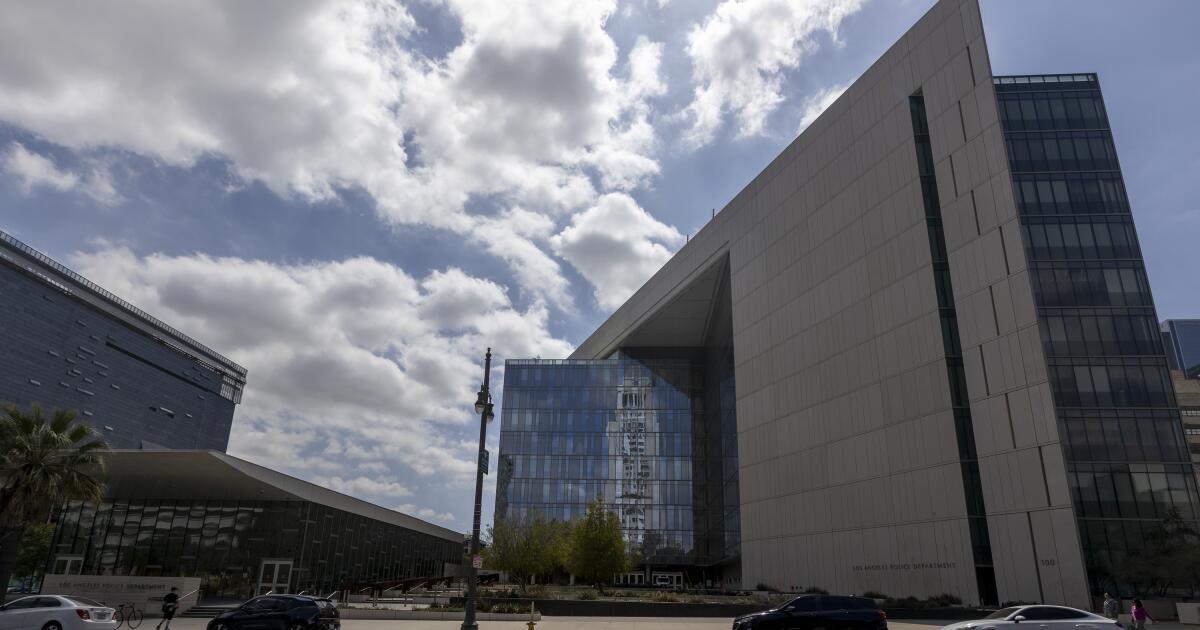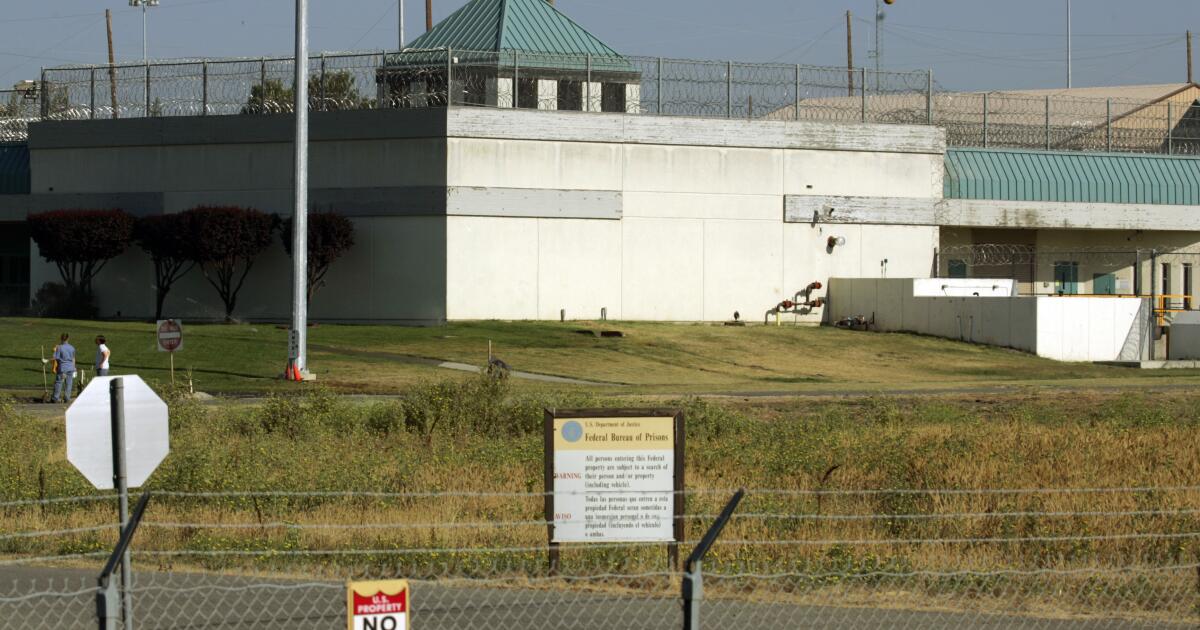A Nobel Prize-winning economist is sounding the alarm about the future of science, technology, engineering and mathematics (STEM) careers amid the rapid development of artificial intelligence, arguing that many of the jobs currently in demand could soon be gone. obsolete.
“The skills needed now – collecting data, collating it, developing it and using it to develop the next phase of AI, or more specifically, making AI more applicable to jobs – will make the skills needed now obsolete because it will serve its purpose,” Christopher Pissarides, an economics professor at the London School of Economics, said in a recent interview, according to a Time report. “Even though you see growth, they are still not as numerous as might be required to have jobs for all the graduates who come out with STEM because that’s what they want to do.”
The comments come as 2023 became a watershed year for artificial intelligence technology, which has developed rapidly and gained more and more mainstream applications. But some have feared that such technology would make many current jobs obsolete, causing major disruption to the world’s labor markets.
Despite the current high demand for young students entering STEM fields, Pissarides says that could also change as AI continues to improve.
WHAT IS ARTIFICIAL INTELLIGENCE (AI)?
Nobel Prize-winning economist Christopher Pissarides warns that the rapid development of AI could ultimately make many STEM careers obsolete. (VCG/VCG via Getty Images/File)
“This demand for new computer skills contains its own seeds of self-destruction,” said the award-winning economist.
Samuel Mangold-Lenett, editor of The Federalist, told Fox News Digital that AI can benefit STEM workers by doing much of the “hard work” that takes longer for their human counterparts to complete, but cautioned that there is the danger of becoming too dependent on technology.
“It can process data and run simulations in a fraction of the time that students, or even experts, can. It can also enable more complex problem solving simply because of the sheer amount of information it can process and the speed at which it can process it,” Mangold-Lenett said. “However, we must be careful not to rely too much on AI. It could… eliminate thousands of jobs and eliminate demand for people who master the skills that allowed us to become an advanced civilization.”
Jon Schweppe, policy director at the American Principles Project, echoed a similar sentiment, telling Fox News Digital that there is a risk in allowing AI to do too much work for us.
“While AI will replace some jobs in the IT industry, IT professionals are by far the most likely to adapt and learn new relevant skills.”
ARTIFICIAL INTELLIGENCE EXPERTS SHARE 6 OF THE BIGGEST AI INNOVATIONS OF 2023: ‘A HISTORIC YEAR’
“There is a serious risk in the rush to improve AI technology that we lose sight of what all this is for. Do we really want to live in a society where AI directs our civilizational progress and we are simply slaves to its inhuman whims and impulses? “Of course not,” Schweppe said. “AI can certainly increase what we are capable of doing, but it should be seen simply as a tool to promote humanity’s desired ends, not as something divine to which we must subordinate ourselves.”

A man is seen using OpenAI’s ChatGPT chat website. (Jaap Arriens/NurPhoto via Getty Images)
According to the Time report, Pissarides remains optimistic about AI and maintains that its overall impact on the job market will be positive.
This idea is shared by other experts, who point out that there will still be many jobs that AI will not be able to perform compared to humans.
“Any job where there is a lot of repetition and there is one ‘right’ answer could be at risk, especially those where you can win by analyzing a lot of disparate data. So coding, paralegal, and non-judgment factory, economic statistical models, etc.,” Phil Siegel, founder of the Center for Advanced Preparedness and Threat Response Simulation, told Fox News Digital. “But not all STEM or white-collar jobs are like this. Many require the judgment that we can’t trust an untrained, hallucinating model to complete them. Engineering (E) is in the most danger, but S and M, not so much. “The T is broad and some jobs may be in danger and others may not.”
RITE AID IS PROHIBITED FROM USING FACIAL RECOGNITION WITH AI DUE TO LACK OF CONSUMER PROTECTIONS
Meanwhile, Christopher Alexander, director of analytics at Pioneer Development Group, argued that STEM is “the only reason we have AI in the first place.”
“You can’t advance the state of AI and properly design for the future without computer science and mathematics for data modeling,” Alexander told Fox News Digital. “While AI will replace some jobs in the IT industry, IT professionals are by far the most likely to adapt and learn new relevant skills.”
Instead, Siegel argued that since it is impossible to predict how AI will develop, people should learn to familiarize themselves with the tools of the technology while encouraging work in STEM fields.
“High school students in particular should absolutely focus on STEM so they can keep their options open as they move toward college and consider advanced careers and degrees,” Alexander said. “While the need for certain types of IT skills may change, civilization now relies on food, water, energy and [computer] processing power. From agriculture to edge computing, STEM is the cornerstone to start from.”

Pissarides says there will be long-term opportunities in other fields and that the overall impact of AI will be positive. (Jakub Porzycki/NurPhoto via Getty Images)
CLICK HERE TO GET THE FOX NEWS APP
Pissarides says there will be long-term opportunities in fields that emphasize communication and customer service.
“When you say that most jobs will be jobs that involve self-care, communication and good social relationships, people might say, ‘Oh, God, is that what we have to look forward to in the future?'” Pissarides said in the interview. “We shouldn’t look down on these jobs. They’re better than the jobs that school dropouts used to do.”












